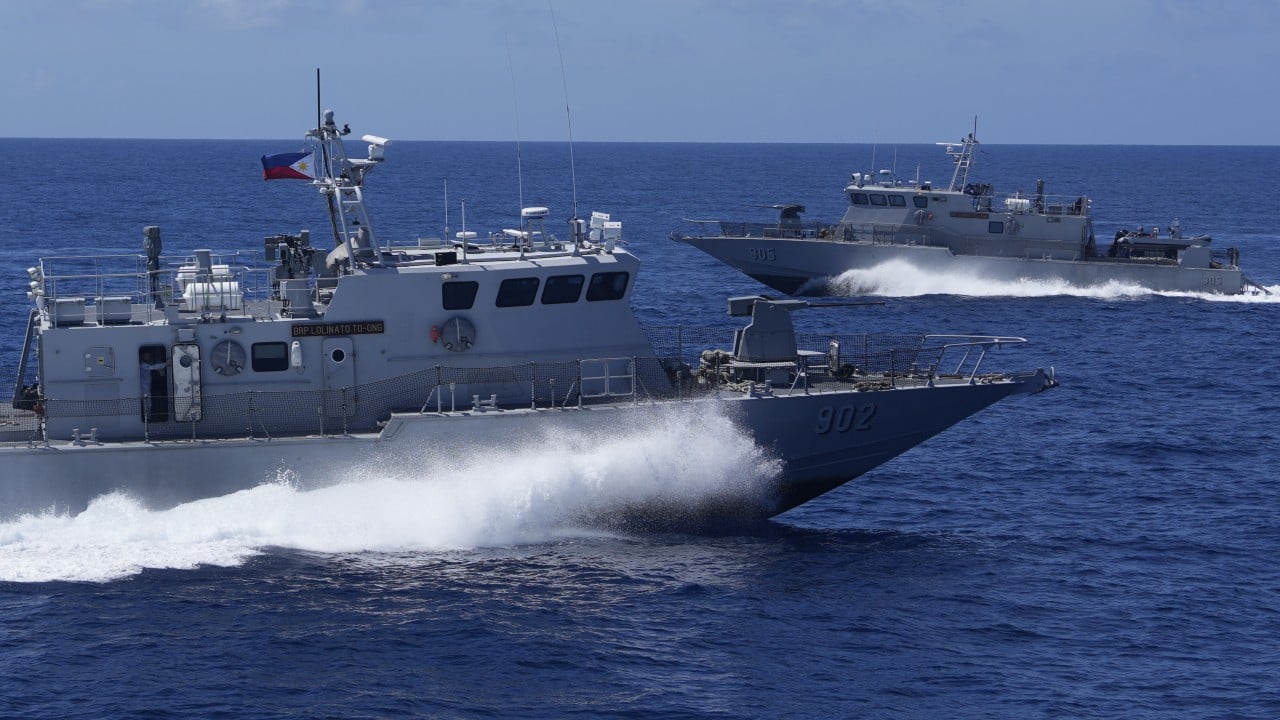As the Philippines confronts an increasingly assertive China in the South China Sea, debate is intensifying over whether renewed diplomacy can strengthen Manila’s sovereignty or if Beijing’s stance makes meaningful dialogue unlikely.
Advertisement
Despite a 2016 international arbitral ruling dismissing China’s expansive claims over the disputed waterway, Beijing has increased its maritime activities there, including inside the Philippines’ exclusive economic zone, triggering repeated confrontations between their vessels. Diplomatic efforts to resolve the issue have made little headway, with the Bilateral Consultation Mechanism (BCM) – a dialogue platform set up by both sides to ease tensions – yielding few concrete results.
Luis Gabriel Estrada, a political science lecturer at the University of the Philippines (UP), said that the Philippines “has not left the discussion table” and that it was in the country’s best interests to continue talks with China on their maritime disputes.
“It’s going to be a question of how productive these discussions are going to be in creating common ground that can be used for peaceful ways forward,” Estrada told This Week in Asia.
Edcel John Ibarra, an assistant professor at the same university, echoed the call for renewed talks. Writing for the ISEAS – Yusof Ishak Institute’s Fulcrum, he suggested that Manila “should seek to convene a new meeting and shift the agenda towards preventing future incidents”, especially after the Sabina Shoal became a new flashpoint in August.
Advertisement
Manila and Beijing established the BCM in May 2017 as an avenue to discuss concerns in the South China Sea and explore areas of cooperation.

